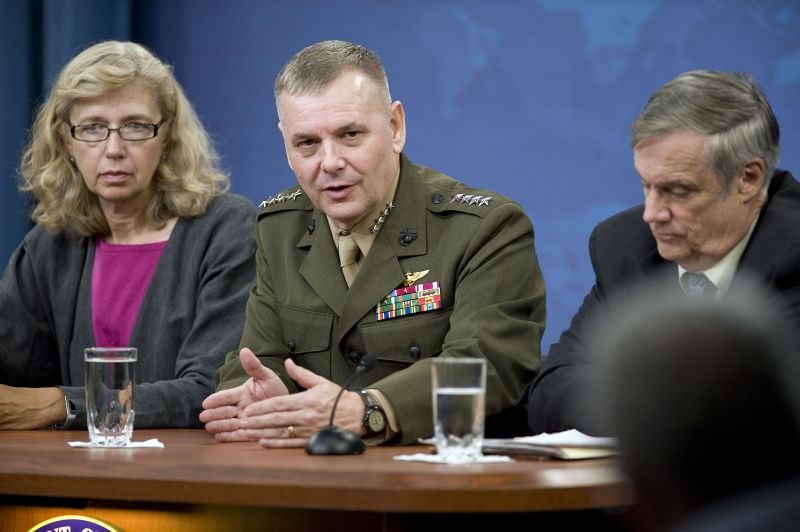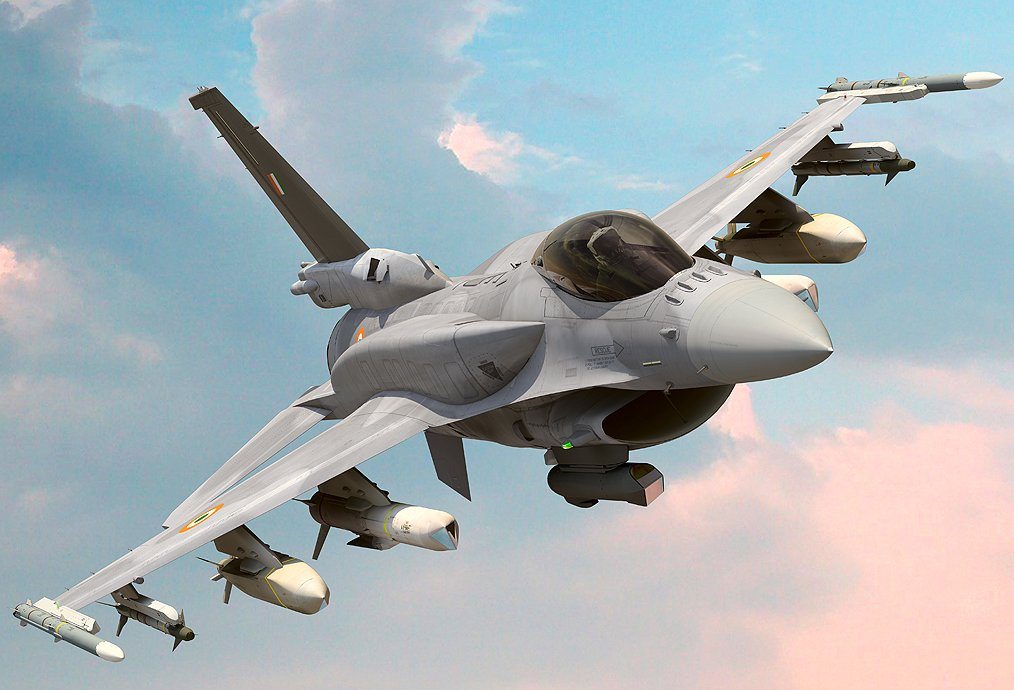The sluggish growth of the economy will make it difficult to maintain current defense funding, the Defense Department’s chief financial officer told attendees at the 2011 Defense Logistics Agency Industry Conference and Exhibition here yesterday.
Undersecretary of Defense (Comptroller) Robert F. Hale speaks at the 2011 Defense Logistics Agency Industry Conference and Exhibition in Columbus, Ohio, June 28, 2011. The conference brings DLA employees together with industry representatives, stakeholders and customers.
Undersecretary of Defense (Comptroller) Robert F. Hale said to expect anemic growth in the defense budget in the near future.
“There’s a rule of thumb that says you need a 2- to 3-percent growth [in the national economy] to maintain current forces,” Hale said, warning that there may be no growth in the DOD budget because of the current economic climate.
“My guess is we’ll end up with something like zero growth,” he continued. “Even a constant budget will be a challenge to implement.”
Hale said the same 2- to 3-percent growth is necessary if DOD wants to fund bigger and better weaponry.
“It’s because we want to buy the very best weapons so that we’re never in a fair fight,” he said. “Those more sophisticated weapons tend to cost more than the ones they replaced, and they also tend to push up the costs of training and maintenance.”
Health care and other costs add more pressure to the budget, Hale said.
“Military health care has gone up 10 percent a year, and fuel costs haven’t helped, either” he said.
Hale said he knows upcoming budgets will be leaner, and the challenge will be how department officials deal with it. “We’ll have to takes some risks, and stretch our dollars,” he said.
Some of the biggest challenges will be the freeze on civilian billets and contractor cuts, Hale said.
“We owe it to the public to streamline and hold down costs,” he said.
Incoming Defense Secretary Leon E. Panetta is the right person for the job, Hale said. “He has a strong knowledge of the budget, and has some strong managerial skills,” he said.
Hale also lauded the Defense Logistics Agency, its employees and its industry partners.
”We depend on the private sector and the 26,000 in the Defense Logistics Agency who make it happen,” he said. “We very much appreciate your support.”











